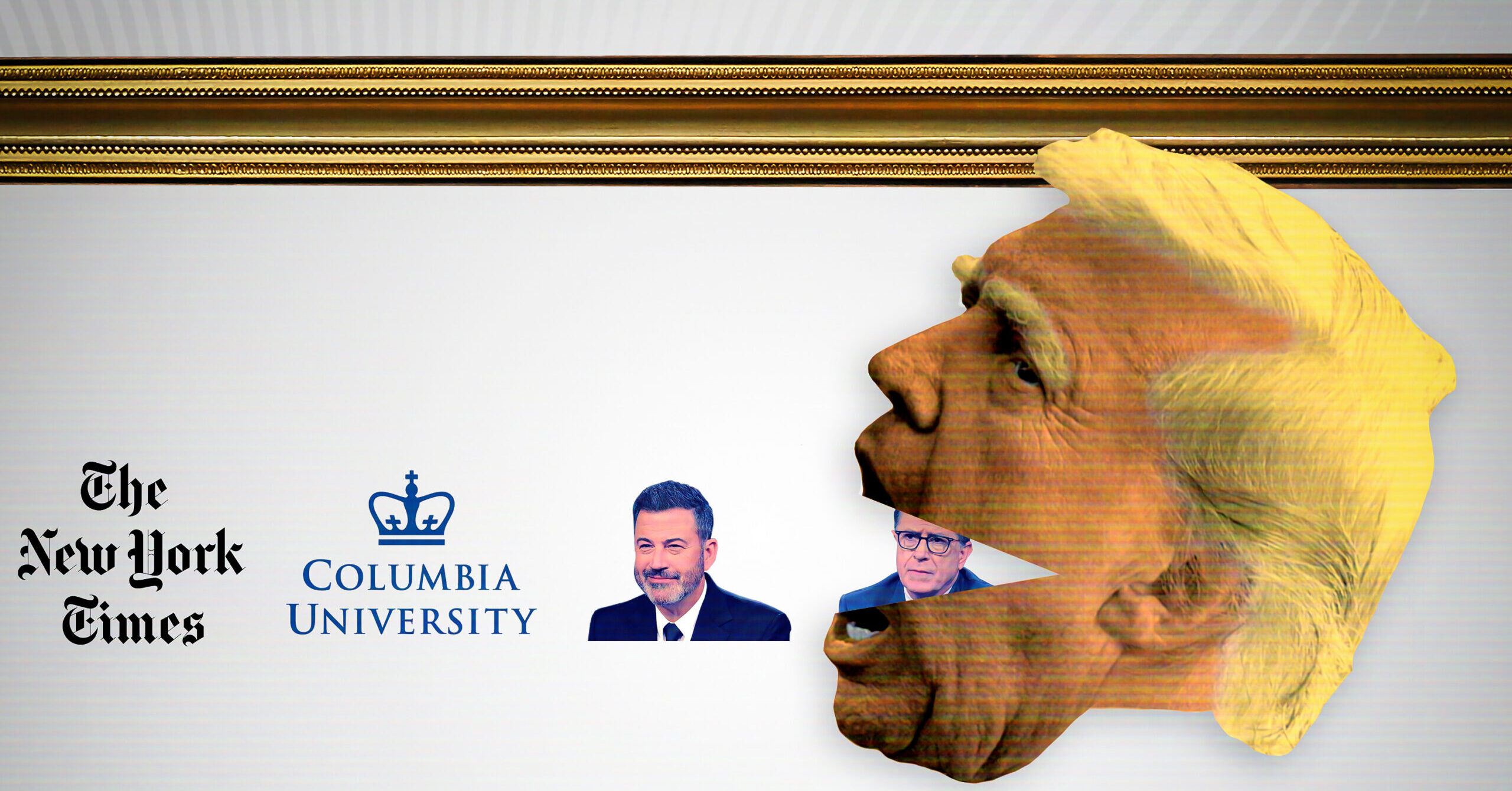By Admin 365
Copyright dailytimes

When China first announced its new “K visa” for foreign professionals in science and technology back in August, the policy barely registered in the public eye. That changed last week when an Indian news outlet dubbed it “China’s H-1B” — drawing parallels to the U.S. skilled worker visa, dominated by Indian nationals, which was recently targeted by a Donald Trump executive order.
The comparison quickly went viral in China, where social media platforms filled with concern — and in some cases anger — over whether the programme would give foreigners an edge in an already struggling domestic job market. Tens of thousands of Weibo users criticised the scheme, questioning the need to invite foreign graduates when “millions of Chinese degree holders” already compete fiercely for limited opportunities. Others raised doubts about how well foreign professionals could adapt to China’s language, culture, and tightly controlled political system.
The backlash also unleashed xenophobic and racist remarks, many aimed at Indian nationals. The intensity of the response prompted state media to intervene. The Global Times urged the public to view the visa as part of a “more open and confident China,” while the People’s Daily warned that “misrepresenting the K visa will only mislead the public.”
Read More: US-China Tech Rivalry Takes a New Turn
So far, details remain murky. Officials say it is intended for graduates with at least a bachelor’s degree in STEM fields from “well-known universities or research institutions” in China or abroad, as well as those engaged in teaching or research at those institutions. Notably, applicants do not need a local employer’s sponsorship, and the visa promises greater flexibility in duration and number of entries. But it is still unclear whether it will function as a full work permit or simply make it easier for foreign professionals to enter China. State media has stressed that the K visa is not the same as America’s H-1B and “should not be equated with immigration.” The foreign ministry has said further details will be released by Chinese embassies and consulates abroad.
The rollout comes as the U.S. increases H-1B visa fees and tightens restrictions, frustrating major sending countries like India and China. Analysts say Beijing is seizing the moment to position itself as an alternative hub for international talent. China has already signed visa exemption agreements with 75 countries, and its efforts to lure top academics have seen some researchers leave U.S. institutions for Chinese universities.
Yet experts warn that the programme faces hurdles. Public skepticism, language barriers, and China’s restrictive political climate could limit its appeal. “Creativity and innovation flourish in an open and liberal climate,” notes Stefanie Kam of Singapore’s Nanyang Technological University. “With the current trajectory in China, we’re seeing the opposite.”
For now, the K visa reflects China’s ambitions to attract talent — but whether it can deliver the right environment to retain it remains an open question.



